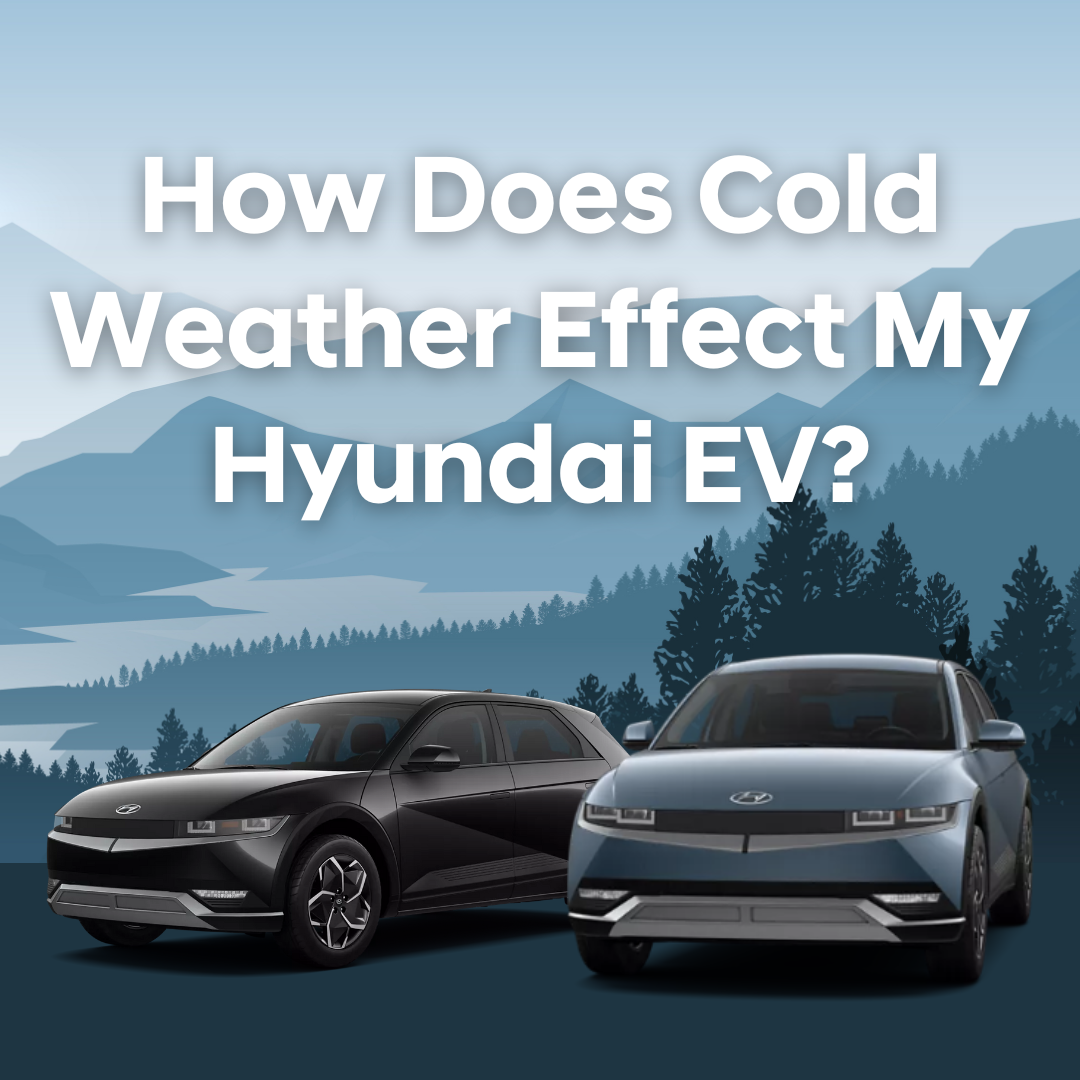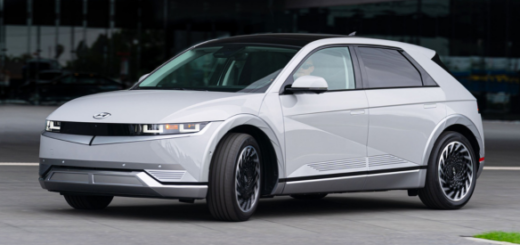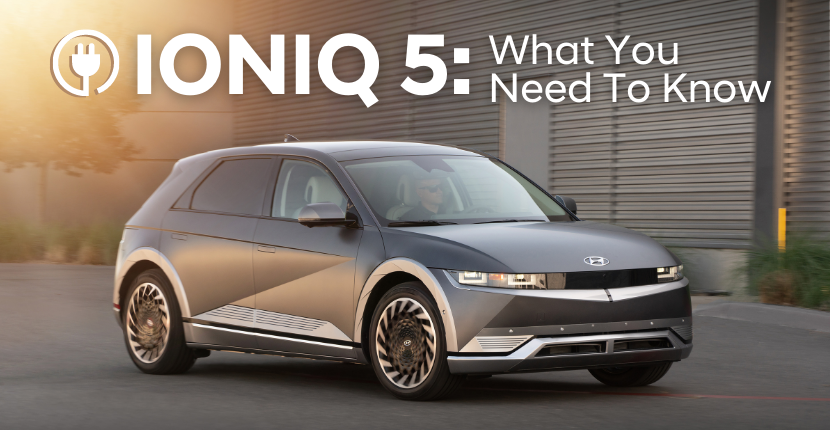How Does Cold Weather Effect My Hyundai EV?
 As the crisp breeze and falling leaves signal the arrival of colder weather, Hyundai EV owners find themselves navigating unique challenges to keep their electric vehicles performing at their best. Cold temperatures can impact the range and efficiency of EVs, but with a bit of preparation and awareness, you can ensure a smooth and efficient ride throughout the fall and winter months. At Rosen Hyundai Kenosha, we’ve put together some tips for Hyundai EV owners to maximize performance and range in cold climates. Visit us for more Hyundai electric vehicle information today!
As the crisp breeze and falling leaves signal the arrival of colder weather, Hyundai EV owners find themselves navigating unique challenges to keep their electric vehicles performing at their best. Cold temperatures can impact the range and efficiency of EVs, but with a bit of preparation and awareness, you can ensure a smooth and efficient ride throughout the fall and winter months. At Rosen Hyundai Kenosha, we’ve put together some tips for Hyundai EV owners to maximize performance and range in cold climates. Visit us for more Hyundai electric vehicle information today!
Understanding Cold Weather Impact on EVs: A Brief Overview
Cold weather can affect electric vehicles in various ways, and it’s crucial for owners to be aware of these impacts. The primary factors include:
- Reduced Battery Efficiency: Cold temperatures can lead to a reduction in battery efficiency, resulting in decreased range. This is because the chemical reactions within the battery slow down in colder conditions.
- Increased Energy Use for Heating: Heating systems are essential for comfort in cold weather, but they can significantly impact an EV’s range. EVs often use electricity to heat the cabin, which can lead to additional energy consumption.
Preconditioning: Warming Up Your Hyundai EV Before You Hit the Road
One effective strategy to mitigate the impact of cold weather on your Hyundai EV is preconditioning. This involves using your vehicle’s climate control system while it’s still plugged into a charger. By doing so, you can warm up the battery and cabin while the car is still connected to a power source, minimizing the impact on your overall range.
Most Hyundai EVs offer a preconditioning feature through their mobile apps, allowing you to start the heating process remotely. Take advantage of this functionality to ensure a comfortable interior temperature and optimal battery performance before you embark on your journey.
Battery Management Strategies: Maintaining Optimal Conditions
Hyundai EVs often come equipped with battery management systems designed to optimize performance in varying conditions. In cold weather, these systems may include features such as battery heating to maintain optimal operating temperatures.
To enhance your EV’s performance in cold climates, consider keeping your vehicle plugged in when not in use. Many electric vehicles, including Hyundai models, allow you to set charging schedules to ensure the battery remains conditioned and ready for your next drive.
Tire Maintenance: A Key Element for Winter Driving
Proper tire maintenance is crucial for any vehicle, but it becomes even more critical in colder weather. Cold temperatures can cause tire pressure to drop, affecting fuel efficiency and overall performance. Regularly check and maintain your tire pressure to ensure optimal traction and efficiency in winter conditions.
Additionally, consider using winter tires designed for cold climates. These tires offer improved grip and handling in snow and ice, enhancing the safety and performance of your Hyundai EV during winter months.
Plan Your Routes Strategically: Maximizing Efficiency
Cold weather may necessitate some adjustments to your driving habits. Plan your routes strategically to minimize energy consumption. Use regenerative braking when possible, and avoid unnecessary idling, as idling consumes energy without contributing to forward motion.
Visit Rosen Hyundai Kenosha!
Looking for a Hyundai electric vehicle dealer near me? At Rosen Kenosha Hyundai, we have a full inventory of new and used vehicles—including the exciting new 2023 Hyundai IONIQ 5! Our goal when you visit our new Hyundai dealer Kenosha, WI is to provide you with a superior experience satisfying your needs. Experience the Rosen difference when you shop or service with us! Don’t miss out on the joy of driving home in a new Hyundai. Stay warm, stay efficient, and enjoy the many benefits of driving an EV in any weather with Rosen Kenosha’s electric vehicle deals today!


